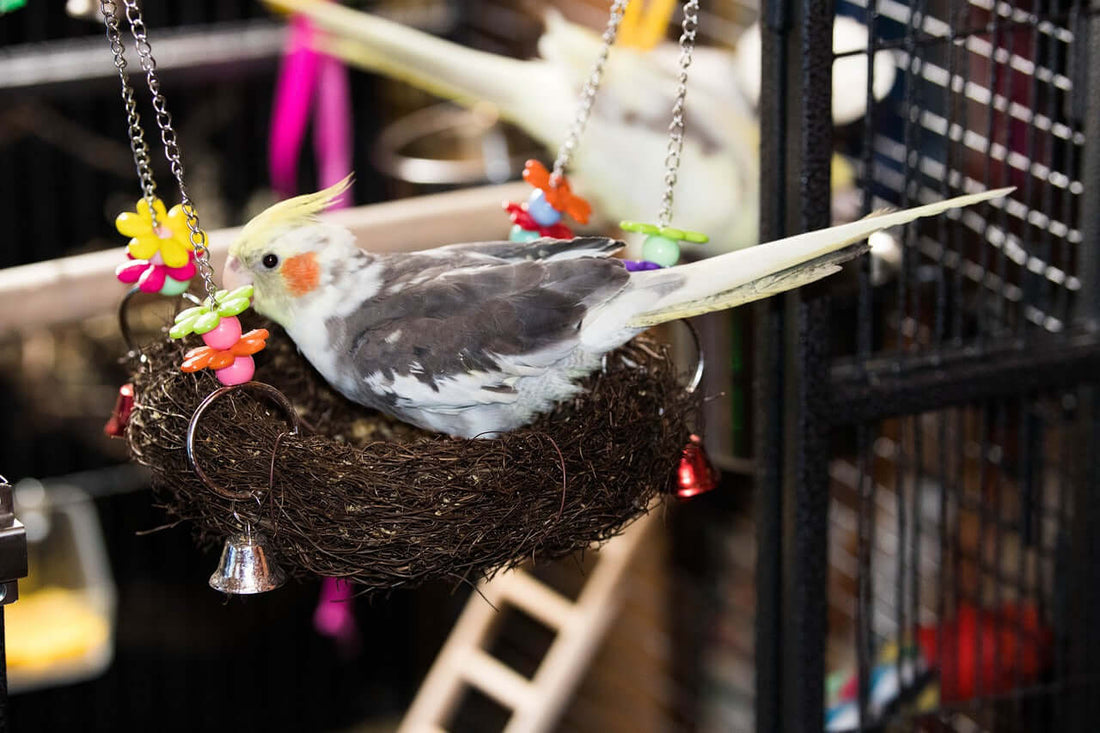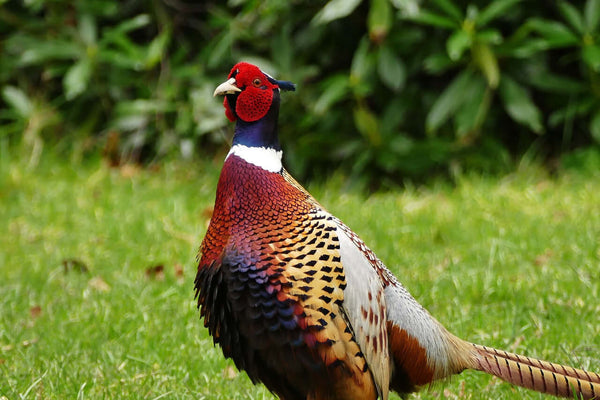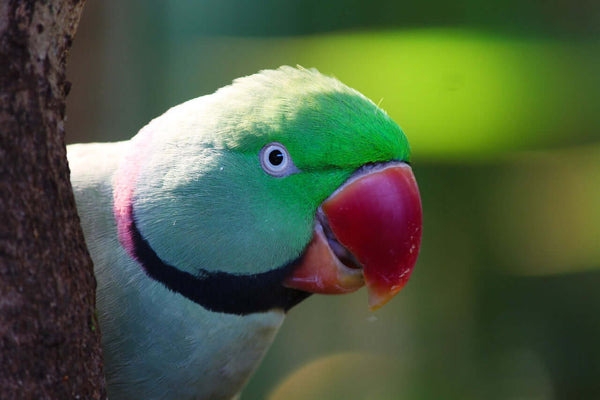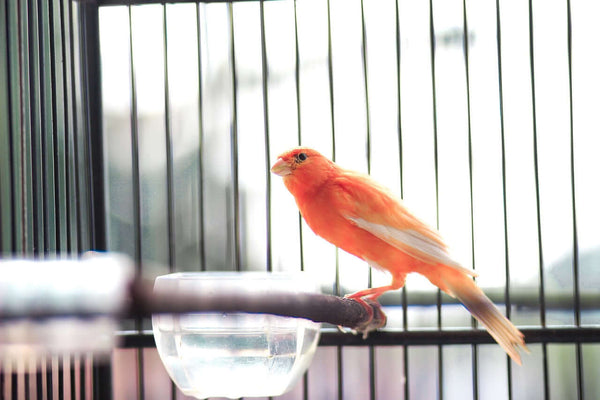Caring for pet birds in winter requires special attention to their well-being, as the cold weather can pose challenges for them.
Many pet birds, such as parrots and lovebirds, originate from exotic climates. Considering the limited number of pet bird species that can endure the freezing temperatures in the UK it's advisable to relocate your pet birds indoors as winter approaches. Just as you wouldn't want to be left outside in the cold, neither would they.

It is essential to ensure the comfort of our feathered friends by strategically placing their cage to a warm and well-lit area as natural light is beneficial but make sure it is away from drafty doors and windows, to avoid exposure to cold air.
Birds are sensitive to temperature changes and to prevent them from becoming overly warm avoid placing their cages too close to central heating systems or radiators. At night, particularly when the central heating is not in use, covering the cage with a blanket can assist in preserving warmth while allowing for proper ventilation by leaving some space.

During the winter, your pet birds may experience an increased appetite, making it crucial to supply them with a nutritious and well-rounded diet. This not only helps in maintaining a healthy weight for warmth but also ensures they receive ample vitamins to fortify their immune system. A strong immune system is essential for helping your feathered companions ward off potential illnesses.

Our selection of tonic seed blends, including Budgie Tonic, Parrot-Like Tonic, Foreign Finch Tonic, and Kraker Tonic, are meticulously crafted with a thoughtfully curated mix of tonic seeds. These premium blends are specifically formulated to uphold the peak health of your birds, ensuring they remain in optimal condition.
Ensuring a blend of mental and physical stimulation becomes vital, particularly during colder months when birds are confined indoors. Keep them amused and contribute to their overall well-being by introducing toys and engaging activities.

Make the most of these enriching strategies to ensure your birds thrive physically and mentally, particularly when indoor living becomes more common in colder seasons.
Written by Tina Jakes





